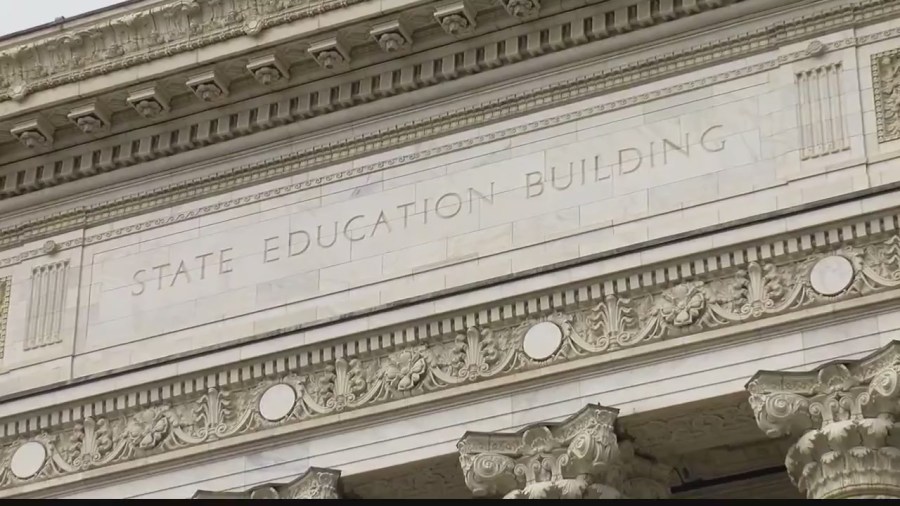(NewsNation) —President Donald Trump is considering shuttering the Department of Education, but several federal school programs that are not under that department could remain after a potential gutting.
The Education Department was established by Congress so it would also require an act of Congress to shut it down, but Trump is preparing to slash it to the full extent of his power, directing his administration to cut spending while pressuring employees to quit.
But several school programs could remain intact even if the Education Department gets gutted.
What happens if the Department of Education is abolished?
Head Start
Head Start is an early education program that serves some of the nation’s neediest families and children and is administered by the Department of Health and Human Services.
Head Start serves the nation’s neediest families, offering preschool for children and support for their parents and caregivers, according to the agency. Many of the people it serves come from low-income households, are in foster care or are homeless.
WASHINGTON, DC – JANUARY 23: U.S. President Donald Trump speaks to reporters after signing a series of executive orders in the Oval Office of the White House on January 23, 2025. (Photo by Anna Moneymaker/Getty Images)
While the program is not under the Education Department, Trump’s executive order to freeze federal grants has put it on hold. Administrators around the country last week discovered they were locked out of a government website used to access grant funding for Head Start.
What does the Department of Education do?
The website went back online for many operators. But a week later, 45 Head Start grant recipients across the country reported problems accessing their funding, said Tommy Sheridan of the National Head Start Association.
School Lunch Program
The National School Lunch Program is a federally assisted meal program that is administered by the Department of Agriculture.
The program provides “nutritionally balanced, low-cost or free lunches to children each school day,” according to the agency. It largely serves districts in high-poverty areas, allowing them to distribute meals at no cost to the students.
The program served 4.7 billion lunches in 2023, and nearly 241 billion lunches since 1969, according to the UDSA.
What does get cut with the Dept. of Education?
The Department of Education administers funding for K-12 schools that is appropriated by Congress. The largest are the Title 1 program, which helps educate children from low-income families, and the IDEA program, which helps students with disabilities.
Funding for both of those programs accounts for around $28 billion a year. While it’s a significant dollar amount, it only amounts to roughly 10% of funding. It’s not clear how schools would be expected to make up for the loss in funds if those funds were to be eliminated.
The Education Department also provides oversight for schools, notably through the Office of Civil Rights, which investigates discrimination complaints filed against colleges and K-12 schools. It can also create federal rules, which have been used to protect minority populations.
If the department is dismantled, it’s unclear how anti-discrimination policies would be made or enforced or if such policies would continue to exist.
Student loans and grants for higher education are a big part of the department’s work and several aid programs could be eliminated. Currently, federal student loans are provided and serviced by the department.
If the government decides to reduce or eliminate its role in lending for education, students who need help to afford college would have to rely on private lenders.
Those who already have student loans would likely see a disruption in servicing as the loans would have to be transferred elsewhere, potentially to the Treasury Department. That would include payments for students who are currently enrolled.
The Department of Education also provides oversight when it comes to for-profit colleges. That could enable for-profit schools to operate with less stringent standards, which could leave students with amounts of loan debt despite receiving an inadequate education.
NewsNation’s Steph Whiteside and The Associated Press contributed to this story.
